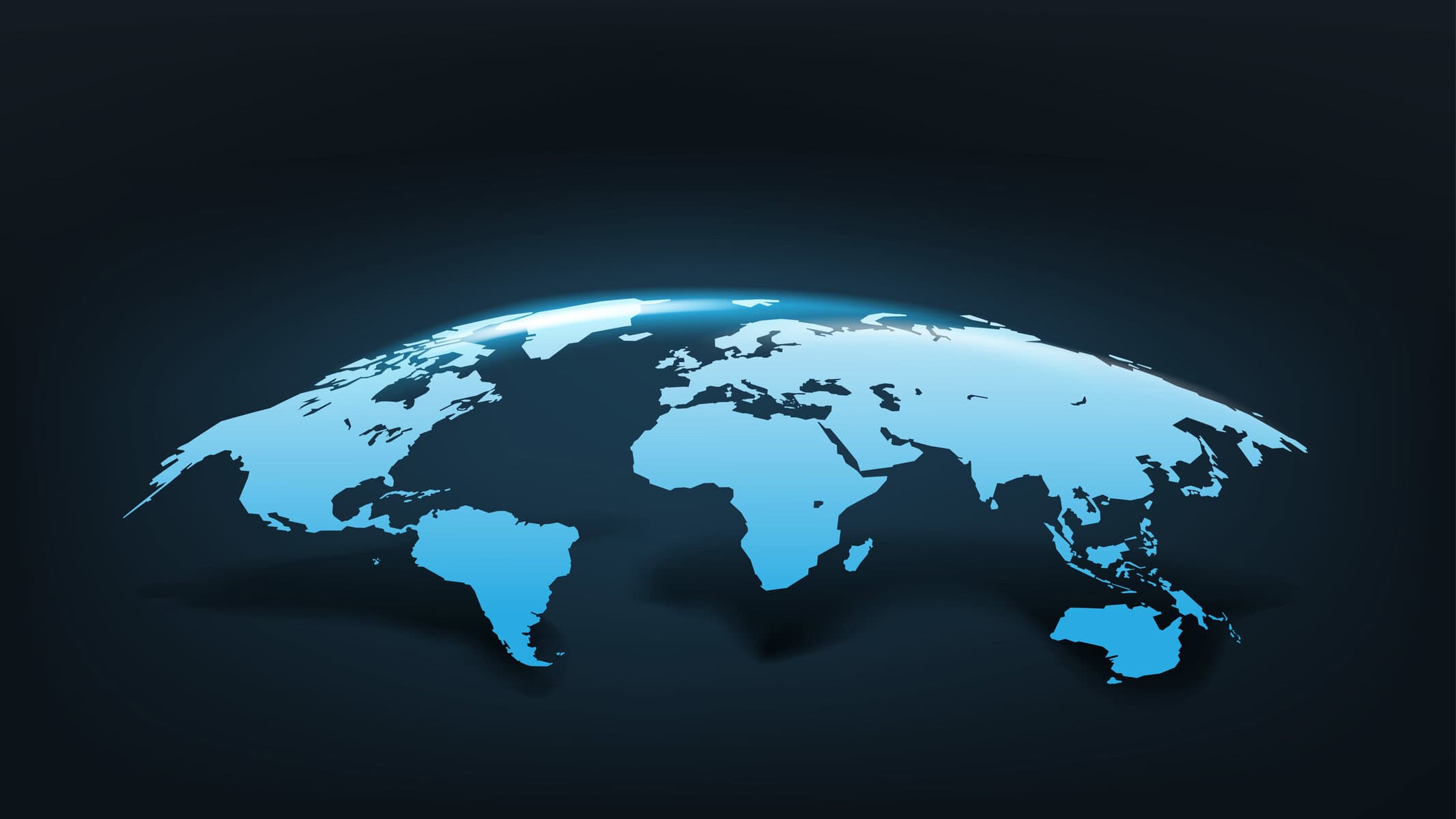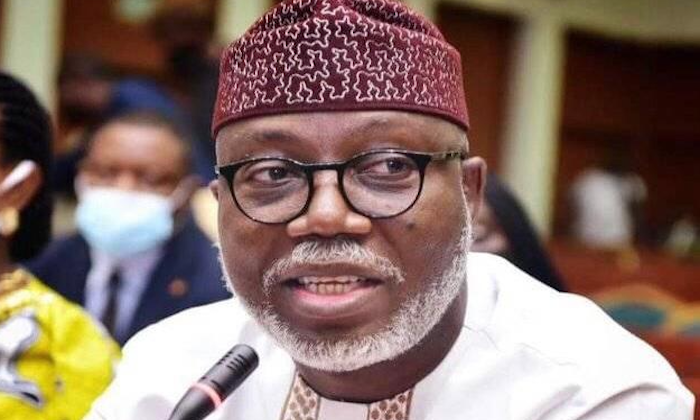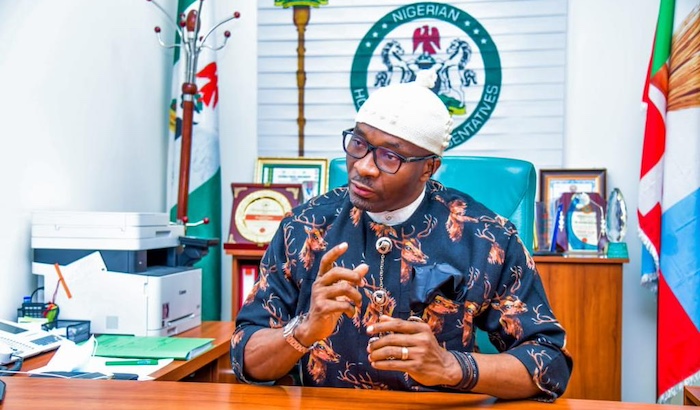
Glowing world map. Vector 3d illustration
This weekend’s G20 summit is emerging as a defining moment for global governance, where important decisions will be taken without the US present.
The US decision to effectively withdraw from full participation is not simply a diplomatic gesture – it reflects a deeper pattern.
Washington increasingly avoids forums where its policies may be critically examined.
With domestic political divisions widening and pressure growing from its own business community, the US appears unwilling to engage in substantive discussions on protectionism, energy-sector lobbying, or distortions within the dollarcentric financial system.
Its absence, therefore, is not an “act of principle”, but an attempt to sidestep a dialogue filled with uncomfortable questions.
South Africa, as host and president of the G20, has appropriately adopted the overarching theme Solidarity, Equality and Sustainability, which aligns with its own objectives because, as President Cyril Ramaphosa said this week, South Africa’s G20 presidency reflects the nation’s strategic priorities of inclusive growth, poverty reduction and the development of a capable, ethical and developmental state.
This focus might not be popular with President Donald Trump, whose goal is to end diversity, equity and inclusion initiatives and redefine civil rights based on “individual merit” and “equal treatment” over group outcomes.
ALSO READ: Ramaphosa urged to keep on talking to Trump despite G20 snub
We saw him reverse all progress made on this, including on women’s equality and issues concerning gays.
Therefore, Trump’s boycott of the G20 summit goes beyond his anger over South Africa’s case against Israel at the International Court of Justice and the allegation of Afrikaner genocide in South Africa.
It is a way to avoid dealing with solidarity, equality and sustainability, or environmental issues, prominent on the G20 agenda.
Europe’s trajectory raises equally serious concerns.
For more than two years, under the banner of “solidarity”, the European Union has allocated tens of billions to support the government of Volodymyr Zelensky, while simultaneously reducing social spending and increasing tax burdens on its own populations.
Political symbolism has eclipsed economic logic. Industrial output in several EU economies has fallen to levels last seen in the early 2000s, energy prices remain at historic highs and the competitiveness of Europe’s engineering, chemical and manufacturing sectors is steadily eroding.
These developments raise a fundamental question: how sustainable is a course that undermines domestic industries and financial stability?
ALSO READ: G20: SA’s role as bridge between developed and emerging economies
European leaders insist this is done “for security”, yet security purchased at the cost of declining living standards risks becoming a political illusion.
Unsurprisingly, business groups and trade unions across Europe are increasingly calling for a recalibration of priorities.
In contrast, the global south approaches the summit with a far more pragmatic agenda. Its priorities include reforming global financial institutions, ensuring equitable access to investment, strengthening supply chain resilience and expanding technological cooperation.
Crucially, these countries base their positions on the real economic needs of their populations rather than ideological motives.
The global south’s stance appears the most rational precisely because it responds to tangible global challenges: energy security, affordable logistics, infrastructure development and technological modernisation.
These are mainly on the G20 forum’s agenda as we speak.
NOW READ: SA’s G20 role elevates its global standing – expert



